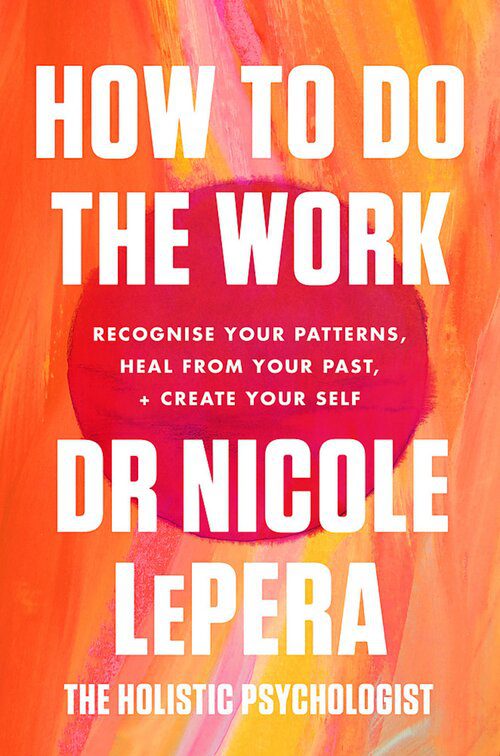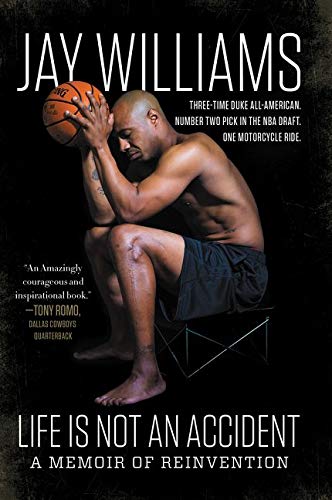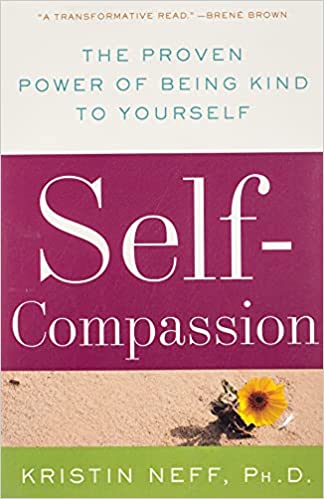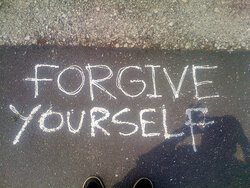You are doing the best you can based on your present level of awareness, be gentle on yourself: You are doing your best with the resources you have. If you cannot forgive yourself for your past mistakes and transgressions, it is going to be hard to forgive others if you don’t forgive yourself. We are often hard on ourselves for our past mistakes and errors, we forget that we are human sometimes. We even find it easier to forgive others than to forgive ourselves. Everyone’s life is different, and we are all doing our best. “Our best” today may not be “the best there is,” but it’s the best we can do today. Which is strange. And yet true. And could draw us down into helplessness and isolation if we don’t stay anchored. And the way we stay anchored is with gratitude. 1
Several studies have found people who are more self-compassionate experience a greater sense of well-being. A 2015 review of seventy-nine studies looking at the responses of over sixteen thousand volunteers found that people who have “a positive and caring attitude . . . toward her- or himself in the face of failures and individual shortcomings” tend to be happier. Another study found that people’s tendency to self-blame, along with how much they ruminated on a problem, could almost completely mediate the most common factors associated with depression and anxiety. An individual’s level of self-compassion had a greater effect on whether they would develop anxiety and depression than all the usual things that tend to screw up people’s lives, like traumatic life events, a family history of mental illness, low social status, or a lack of social support. 2
“Self-compassion makes people more resilient to letdowns by breaking the vicious cycle of stress that often accompanies failure.”

When life becomes stressful or after we have had a moment of stress-induced reactivity, it can be helpful to touch base with the events that impacted our experiences. Some questions that can help us get a firm hold on our reactivity before we are taken over by it include:
- What can I learn about myself from what happened?
- What patterns brought me here?
- How can I embrace discomfort and grow from it?
- How can I learn how to accept criticism without making it absolute truth?
- How can I forgive myself and others?
The more we learn self-accountability, the stronger our faith in our Self will grow. This allows for failure. It allows for flexibility and forgiveness when we inevitably fall off the path. When we have self-trust, we know that the path is still there waiting for us. This is the essence of self-accountability that leads to empowerment.
Emotional maturity is not a goal to check off a list, like reaching the next level in a video game (now you’re a fully realized human, you win!). It’s not a magical state. The underlying message is not one of a state of enlightened beingness—it’s one of work and self-forgiveness 3 that will ultimately lead us to a greater togetherness.
When we have self-trust, we know that the path is still there waiting for us.
While at Duke, Jay Williams was a rising star – he won the 2001 NCAA Championship, won the Naismith College Player of the Year Award, and was named NABC Player of the Year in 2001 and 2002. He was a unanimous first-team All-American. He was drafted by the Chicago Bulls as the second overall pick in the 2002 NBA draft. Everything was going well for Jason: he was living his dreams with endorsement deals, a luxury condo, a huge NBA salary, fame, and a bright future. It all came crashing after a motorcycle accident in 2003.
In his memoir, Life Is Not an Accident: A Memoir of Reinvention 4, former NBA player and sport analyst Jay Williams writes about the motorcycle accident that changed the trajectory of his career and life. He reminisces on lessons learned and the tough task of self-forgiveness.

Knowing that the only person I had to blame for the accident was myself left me angry. Lying in the hospital bed, I thought of all the people I had let down. I was mad at myself for not listening to voices of reason. I was mad at myself for not letting go of the bike when I felt it slip into gear. Mostly, I was furious with myself for throwing away a dream I had spent so many years trying to reach.
My psychotherapist encouraged me to embrace every emotion—sadness, fear, anger—as they bubbled up to the surface. Until I could acknowledge the validity of each reaction, I wouldn’t be able to truly face down my demons. We all make mistakes, apologize to those we’ve wronged, ask for forgiveness. There’s a lot of power in that approach; forgiveness not only frees the perpetrator but the victim as well. In my case, I was both transgressor and victim. For so long, holding on to pain and disappointment had been as natural as breathing.
When you move at warp speed, you don’t really take the time to think about all of the small things that have accumulated to make your life what it is. There’s a tendency not to reflect on the past, because you’re so caught up in the frustration and anger of the present.
Forgiveness not only frees the perpetrator but the victim as well. In my case, I was both transgressor and victim.

Rather than condemning yourself for your mistakes and failures, therefore, you can use the experience of suffering to soften your heart. You can let go of those unrealistic expectations of perfection that make you so dissatisfied and open the door to real and lasting satisfaction. All by giving yourself the compassion you need in the moment.
By giving ourselves unconditional kindness and comfort while embracing the human experience, difficult as it is, we avoid destructive patterns of fear, negativity, and isolation. At the same time, self-compassion fosters positive mind-states such as happiness and optimism. The nurturing quality of self-compassion allows us to flourish, to appreciate the beauty and richness of life, even in hard times. When we soothe our agitated minds with self-compassion, we’re better able to notice what’s right as well as what’s wrong, so that we can orient ourselves toward that which gives us joy.
Self-compassion provides an island of calm, a refuge from the stormy seas of endless positive and negative self-judgment so that we can finally stop asking, “Am I as good as they are? Am I good enough?” Right here at our fingertips, we have the means to provide ourselves with the warm, supportive care we deeply yearn for. By tapping into our inner wellsprings of kindness, and acknowledging the shared nature of our imperfect human condition, we can start to feel more secure, accepted, and alive. 5
Self-Compassion doesn’t mean that I think my problems are more important than yours, it just means I think that my problems are also important and worthy of being attended to.
Meditation
- Daily Calm with Tamara Levitt – Resistance
- One of the reasons that we meditate is to develop more acceptance of whatever we face in life. We often resist things that we can’t change and that resistance causes suffering. Often our resistance to our circumstances does more harm than the circumstance that we are resisting.
- When we sit, we learn to be aware of our ever-flowing river of thoughts, emotions, and sensations without judgment. We practice acknowledging and kneeling into our experience as a way to soften and accept things.
“In the midst of winter, I found there was, within me, an invincible summer. And that makes me happy. For it says that no matter how hard the world pushes against me, within me, there’s something stronger – something better, pushing right back.” ― Albert Camus
- Daily Jay with Jay Shetty – Put Down the Weight
- Once upon a time a psychology professor walked around on a stage while teaching stress management principles to an auditorium filled with students. As she raised a glass of water, everyone expected they’d be asked the typical “glass half empty or glass half full” question. Instead, with a smile on her face, the professor asked, “How heavy is this glass of water I’m holding?” Students shouted out answers ranging from eight ounces to a couple pounds.
She replied, “From my perspective, the absolute weight of this glass doesn’t matter. It all depends on how long I hold it. If I hold it for a minute or two, it’s fairly light. If I hold it for an hour straight, its weight might make my arm ache a little. If I hold it for a day straight, my arm will likely cramp up and feel completely numb and paralyzed, forcing me to drop the glass to the floor. In each case, the weight of the glass doesn’t change, but the longer I hold it, the heavier it feels to me.”
“Your stresses and worries in life are very much like this glass of water. Think about them for a while and nothing happens. Think about them a bit longer and you begin to ache a little. Think about them all day long, and you will feel completely numb and paralyzed — incapable of doing anything else until you drop them.”
- Distraction, Discomfort, Disquietude, they are all inescapable in life, inescapable in mindfulness but you don’t have to give yourself over to them.
Podcast
- Guest Series | Dr. Paul Conti: Tools and Protocols for Mental Health | Huberman Lab
All the best in your quest to get better. Don’t Settle: Live with Passion.



Comments are closed.